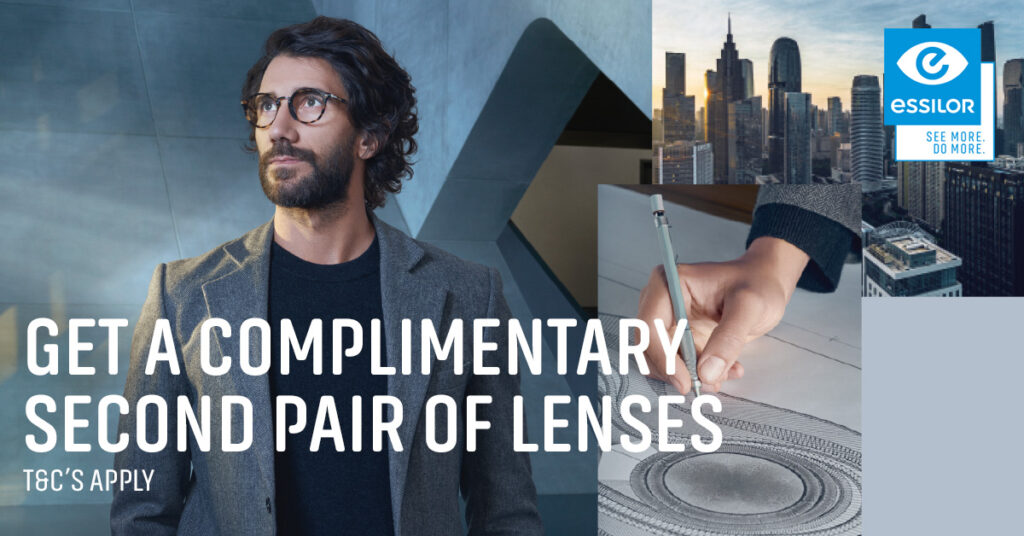We are contact lens specialists and being independent, can offer the widest range of lenses to suit your individual needs. Advances in technology have meant that contact lenses are available to more people than ever before. Whatever your prescription or age there are almost certainly contact lenses that would be suitable for you. We are here to help and provide the support and expertise, taking the time to ensure contact lenses work for you and your lifestyle. Why not book an appointment to talk to us about contact lens options for you?
What will happen in the first contact lens examination?
At your contact lens assessment the Optometrist will evaluate your optical prescription and the overall health of your eyes. Measurements of the curvature of the front surface of the eye (the ‘cornea’) will be made in order to ensure the contact lenses will fit comfortably. The quality of the tear film will also be assessed. The Optometrist may insert some trial contact lenses during the appointment to give you the chance to get a ‘feel’ for the lenses.
A ‘teach’ appointment will be made for you where you will be shown how to insert, remove and look after your contact lenses and maintain healthy eyes.
Initially it may take a few appointments and trial lenses to find the perfect lens for you and to ensure you are comfortable with your contact lenses. After that you will require periodic check-ups to make sure that there has been no change to your prescription and that your eyes remain healthy.
If you are apprehensive about trying contact lenses, we will guide you through every step to ensure you are completely confident.
Some common myths:
“What if a contact lens gets lost behind my eye?”
- It is not possible for the lens to go to the back of the eye due to the protective membrane (the ‘conjunctiva’) which extends under the eyelid. The worst that can happen is that the lens moves under the eyelid and we will explain how to deal with this minor irritation.
“Contact lenses are uncomfortable”
- Modern advances in lens design and materials means lenses can be worn comfortably throughout the day and even overnight where appropriate.
“My prescription isn’t suitable for contact lenses”
- Contact lenses are now available in a wide range of parameters, so if you have astigmatism or need varifocal glasses there are almost certainly lenses available for you.
“Contact lenses can’t be worn until you are over 16”
- There are no strict rules as to when a child can start wearing lenses – each needs to be individually assessed. The important thing is that the child is well-motivated and has sufficient maturity to deal with the hygiene issues of contact lens wear. Many children begin wearing lenses while they are still at primary school.
We are able to fit any of the following lens types:
Daily disposable
2-weekly and Monthly Disposable
Toric lenses for astigmatism
Varifocal lenses for distance and reading
Rigid gas permeable
Plus other more specialist lenses.
Adrian Kite is a member of the British Contact Lens Association and has spent nearly 10 years fitting more complex contact lenses at Ipswich Hospital.

